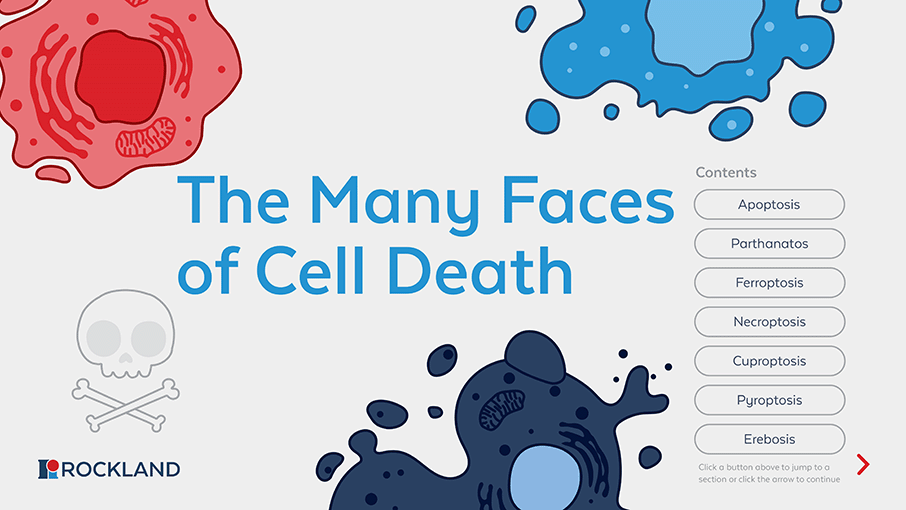Cell Death
Rockland Antibodies and Reagents
 Rockland Immunochemicals is a global biotechnology company manufacturing leading-edge tools for basic, applied, and clinical research in functional genomics, gene therapy, and drug discovery markets. Rockland’s ready-to-use primary antibodies are generated from a variety of hosts and ideal for researching apolipoproteins, apoptosis, epigenetics, the extracellular matrix, to name a few. These antibodies can recognize and bind with high affinity and specificity to purify, detect, and quantify the antigen.
Rockland Immunochemicals is a global biotechnology company manufacturing leading-edge tools for basic, applied, and clinical research in functional genomics, gene therapy, and drug discovery markets. Rockland’s ready-to-use primary antibodies are generated from a variety of hosts and ideal for researching apolipoproteins, apoptosis, epigenetics, the extracellular matrix, to name a few. These antibodies can recognize and bind with high affinity and specificity to purify, detect, and quantify the antigen.
The Many Faces of Cell Death
Cell death is a fundamental process that occurs throughout the life cycle of an organism. It plays a crucial role in maintaining tissue homeostasis by eliminating damaged, infected, or unwanted cells. There are several different types of cell death, each with its own unique molecular mechanisms and functional consequences.
Rockland is excited to announce the release of their latest resource: the Cell Death eBook!
This comprehensive ebook covers various cell death pathways, including apoptosis, parthanatos, necroptosis, cuproptosis, and more, providing in-depth information on their mechanisms and implications.
Includes Articles on:
- Apoptosis
- Parthanatos
- Ferroptosis
- Necroptosis
- Cuproptosis
- Pyroptosis
- Erebosis
Apoptosis is a highly regulated and programmed form of cell death that is essential for normal development, tissue homeostasis, and immune system function. It involves a cascade of intracellular signaling events that culminate in the activation of caspases, a family of proteases that cleave key cellular substrates leading to the characteristic morphological changes associated with apoptosis.
Parthanatos is a caspase-independent form of cell death that is mediated by poly(ADP-ribose) polymerase (PARP) activation. It involves the translocation of apoptosis-inducing factor (AIF) from mitochondria to the nucleus, where it induces chromatin condensation and DNA fragmentation.
Ferroptosis is an iron-dependent form of regulated cell death that is caused by the accumulation of lipid peroxides. It is characterized by the inhibition of the glutathione peroxidase 4 (GPX4) and the consequent accumulation of lipid peroxides, which lead to oxidative damage and cell death.
Necroptosis is a form of programmed necrosis that occurs when apoptotic pathways are blocked or inhibited. It is characterized by the activation of receptor-interacting protein kinase 3 (RIPK3) and mixed lineage kinase domain-like protein (MLKL), resulting in plasma membrane rupture and release of intracellular contents.
Cuproptosis is a form of cell death that is triggered by copper ions. It is characterized by the release of copper ions from intracellular compartments, leading to oxidative stress, mitochondrial dysfunction, and cell death.
Pyroptosis is a highly inflammatory form of cell death that is initiated by the activation of inflammasomes, a group of cytosolic protein complexes that sense pathogen-associated molecular patterns (PAMPs) and danger-associated molecular patterns (DAMPs). It involves the activation of distinct caspases and the release of pro-inflammatory cytokines, such as IL-1β and IL-18.
Erebosis is a recently described form of regulated cell death found in the Drosophila intestine and named after the Greek word έρεβος, meaning “deep darkness”.
Learn more about the many faces of cell death and Rockland's premium portfolio of cell death related antibodies and reagents:
12.10.2023
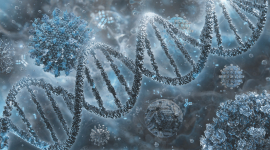
Discovery Research
Transfection solutions from Mirus Bio
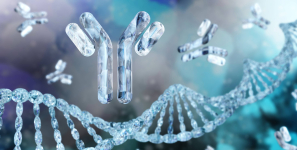
ChIP-Exo-Seq
Validated Antibodies from Atlas Antibodies

Analytica 2026
Be our guest!
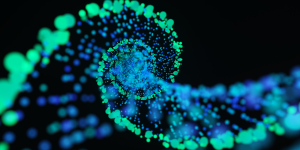
Targeting RNA Editin...
SignalChem’s ADAR Products
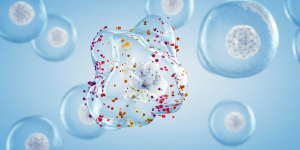
Metabolism Assays
Oxidative Stress, Glycolysis & Lipid Metabolism


